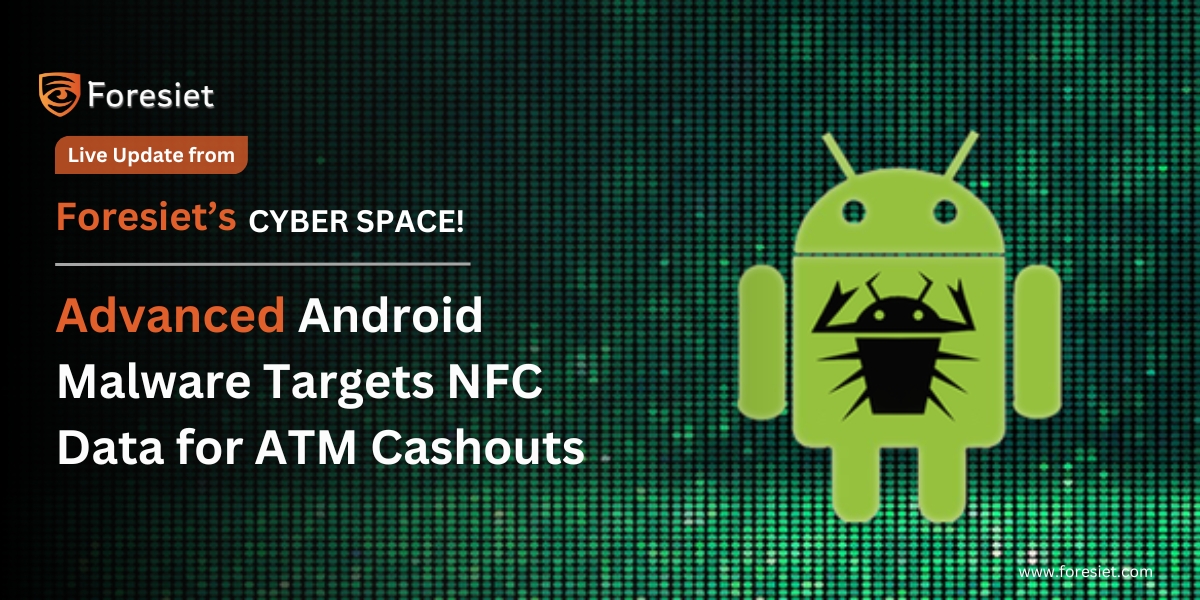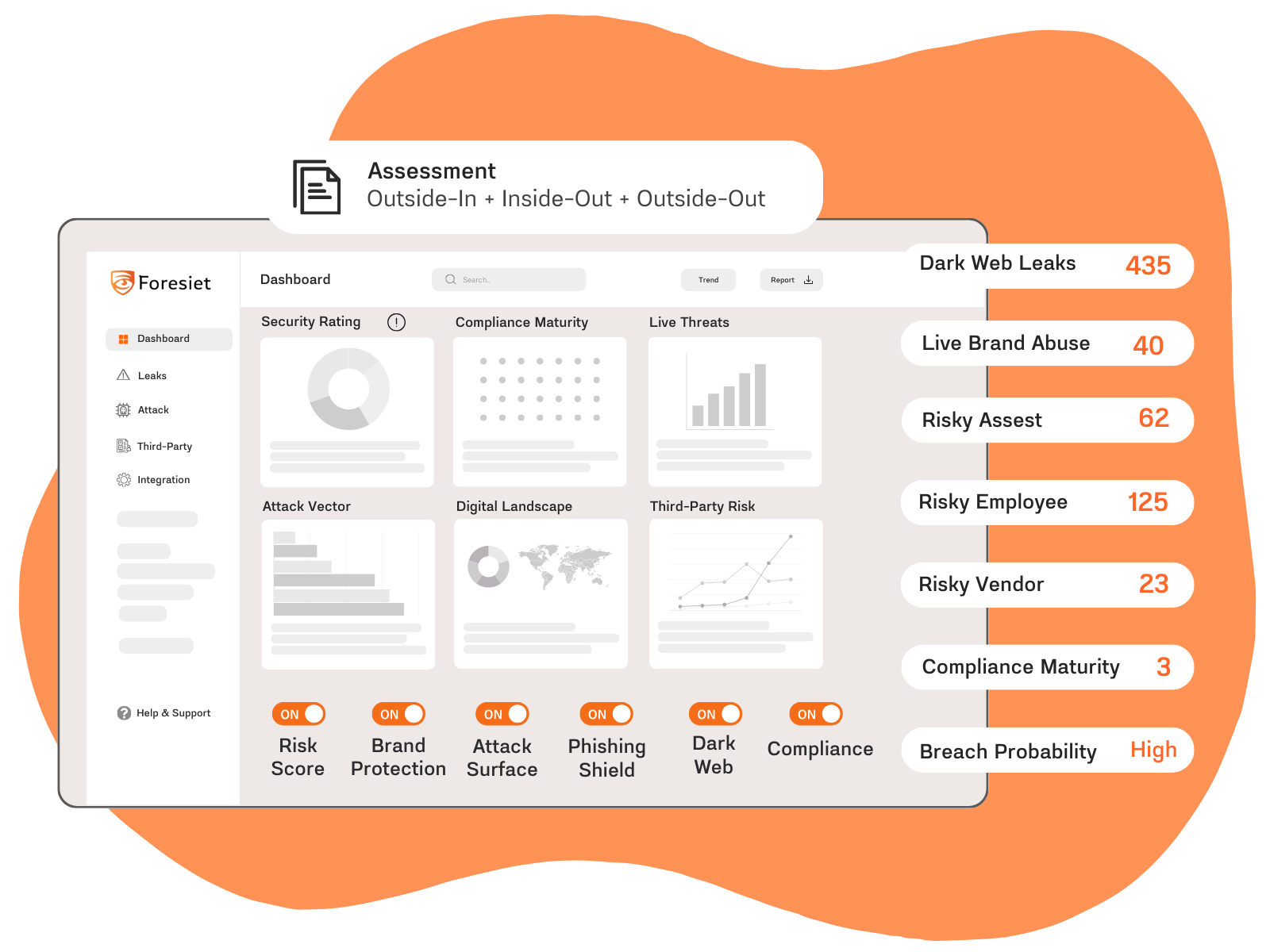Advanced Android Malware Targets NFC Data for ATM Cashouts

Introduction
A new strain of Android malware has emerged, targeting victims' card details and utilizing near-field communication (NFC) technology to facilitate unauthorized ATM withdrawals. This sophisticated crimeware, active since March 2024, has already impacted customers of three major Czech banks. The malware, named "NGate," is designed to deceive users into providing sensitive banking information through a multi-stage phishing attack, ultimately allowing cybercriminals to access their accounts and withdraw funds.
NGate Malware: A New Threat to Mobile Banking
The NGate malware is distributed through a carefully orchestrated phishing campaign, which tricks victims into downloading the malicious software onto their devices. Once installed, the malware creates a convincing fake banking website, prompting users to input their banking credentials, including customer IDs, birth dates, and PIN codes. This data is then sent directly to the attackers' server.
However, what sets NGate apart from other malware is its ability to exploit NFC technology—a wireless communication standard used for contactless payments and ATM transactions. This feature, dubbed "NFCGate," enables the malware to relay NFC data from the victim’s device to the attacker’s, allowing them to impersonate the victim and make unauthorized ATM withdrawals.
The Multi-Stage Attack Process
The NGate malware employs a complex, multi-stage attack to ensnare its victims:
- Phishing Initiation: The attack begins with the victim receiving a phishing link via SMS, which leads them to download a malicious app disguised as a legitimate banking application.
- Data Harvesting: Once installed, the app requests the user’s banking information, which is then transmitted to the attacker’s server.
- Social Engineering:The attacker follows up by calling the victim, pretending to be a bank official, and urging them to change their PIN and verify their card details through the malicious app.
- NFC Exploitation: The victim is then asked to enable NFC on their smartphone and place their payment card near the device. The malware captures and relays this NFC data, along with the victim’s PIN, to the attacker, who uses it to withdraw cash from ATMs.
Potential for Further Exploitation
In addition to ATM withdrawals, the NGate malware could be used by attackers in close physical proximity to their targets, such as in crowded public places. By leveraging NFC, attackers could theoretically "read" contactless card data through unattended bags or pockets. While this might only facilitate small contactless payments, it underscores the broader risks posed by NFC-enabled devices.
Protecting Against NGate and Similar Malware
Given the advanced nature of NGate, protecting yourself from such threats requires proactive security measures:
- Be Cautious with Links: Always scrutinize URLs before clicking, especially those received via SMS or email from unknown sources.
- Download Apps from Trusted Sources: Only download apps from official app stores like Google Play to reduce the risk of installing malicious software.
- Secure Your PIN: Keep your PIN codes confidential, and avoid sharing them with anyone—even those claiming to be from your bank.
- Use Security Apps: Install reputable security apps on your smartphone to detect and block malware.
- Disable NFC When Not in Use: Turn off NFC on your smartphone when you’re not using it, particularly in public spaces, to prevent unauthorized access to your card data.
- Consider Protective Cases or Virtual Cards: Using a protective case that blocks NFC signals or opting for virtual cards with enhanced authentication can further safeguard your financial information.
Conclusion
The rise of sophisticated Android malware like NGate highlights the growing threat to mobile banking security. By exploiting NFC technology, cybercriminals can execute unauthorized ATM withdrawals, compromising victims’ financial security. To defend against such threats, it’s essential to adopt a proactive approach to mobile security—staying vigilant, using trusted apps, and securing your devices against potential exploits. As attackers continue to innovate, so must our defenses.
About Foresiet!
Foresiet is the pioneering force in digital security solutions, offering the first integrated Digital Risk Protection SaaS platform. With 24x7x365 dark web monitoring and proactive threat intelligence, Foresiet safeguards against data breaches and intellectual property theft. Our robust suite includes brand protection, takedown services, and supply chain assessment, enhancing your organization's defense mechanisms. Attack surface management is a key component of our approach, ensuring comprehensive protection across all vulnerable points. Compliance is assured through adherence to ISO27001, NIST, GDPR, PCI, SOX, HIPAA, SAMA, CITC, and Third Party regulations. Additionally, our advanced antiphishing shield provides unparalleled protection against malicious emails. Trust Foresiet to empower your organization to navigate the digital landscape securely and confidently.
Protect your brand, reputation, data, and systems with Foresiet's Integrated Digital Risk Platform. 24/7/365 threat monitoring for total peace of mind.


July 1, 2025, 7:17 p.m.

July 1, 2025, 7:07 p.m.